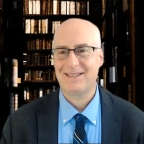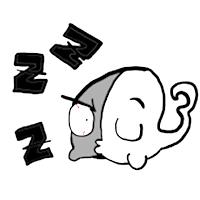Joseph Hunter, Ph.D., LCSW


The Suicide Prevention Center of Excellence will serve as an enduring and productive resource to the university and community by delivering cutting-edge training, resources, and consultation to proactively prevent suicides and, when necessary, heal from adverse suicide events.
If you're seeking help for yourself or another student, please:
► Contact the University's Counseling Center: Room 204, Strebel Student Center | (315) 792-3094 | hwc@utica.edu
► Call 988 for immediate assistance (available 24/7).
The Suicide Prevention Center of Excellence (SPC) is housed within the School of Health Professions in Education Department (HPE). The Center serves to strengthen the suicide prevention knowledge and skills of Utica University’s faculty, staff, and students, as well as provides training and resources to community partners.
The Suicide Prevention Center of Excellence will serve as an enduring and productive resource to the University and community by delivering cutting-edge training, resources, and consultation to proactively prevent suicides and, when necessary, heal from adverse suicide events.
Wednesday, April 10, 2024 | Utica University
The Suicide Prevention Center of Excellence provides exceptional suicide prevention education and support to faculty, staff, and students within the University, and extends its reach and impact to the community and society at large through partnerships that facilitate the provision and distribution of needed consultation, training, and resources.
Guidance for Professors, Parents and Students on How to Help a Struggling Young Adult
IMPORTANT:
 D
D DEATH OR DYING TALK:
Makes statements like, “I want to disappear,” or “life’s not work living” or the individual might threaten self harm behavior such as an overdose on pills.
 E
E ERRATIC OR DESTRUCTIVE BEHAVIOR:
Acting unpredictably, dangerously, erratically or impulsively, which may include violence towards self or others.
 D
D DISRUPTED SLEEP:
May act tired or look disheveled due to early or frequent waking, oversleeping or nightmares.
 U
U UNFOCUSED BEHAVIOR:
May be indecisive or have difficulty concentrating at school or while doing routine tasks.
 C
C CHANGES IN EATING HABITS:
Lack of appetite, under-eating, weight loss; or overeating and weight gain.
 E
E EMOTIONAL UPSET:
Sad, withdrawn, irritable, anxious or uncaring.


For a general list of frequently used logins, you can also visit our logins page.